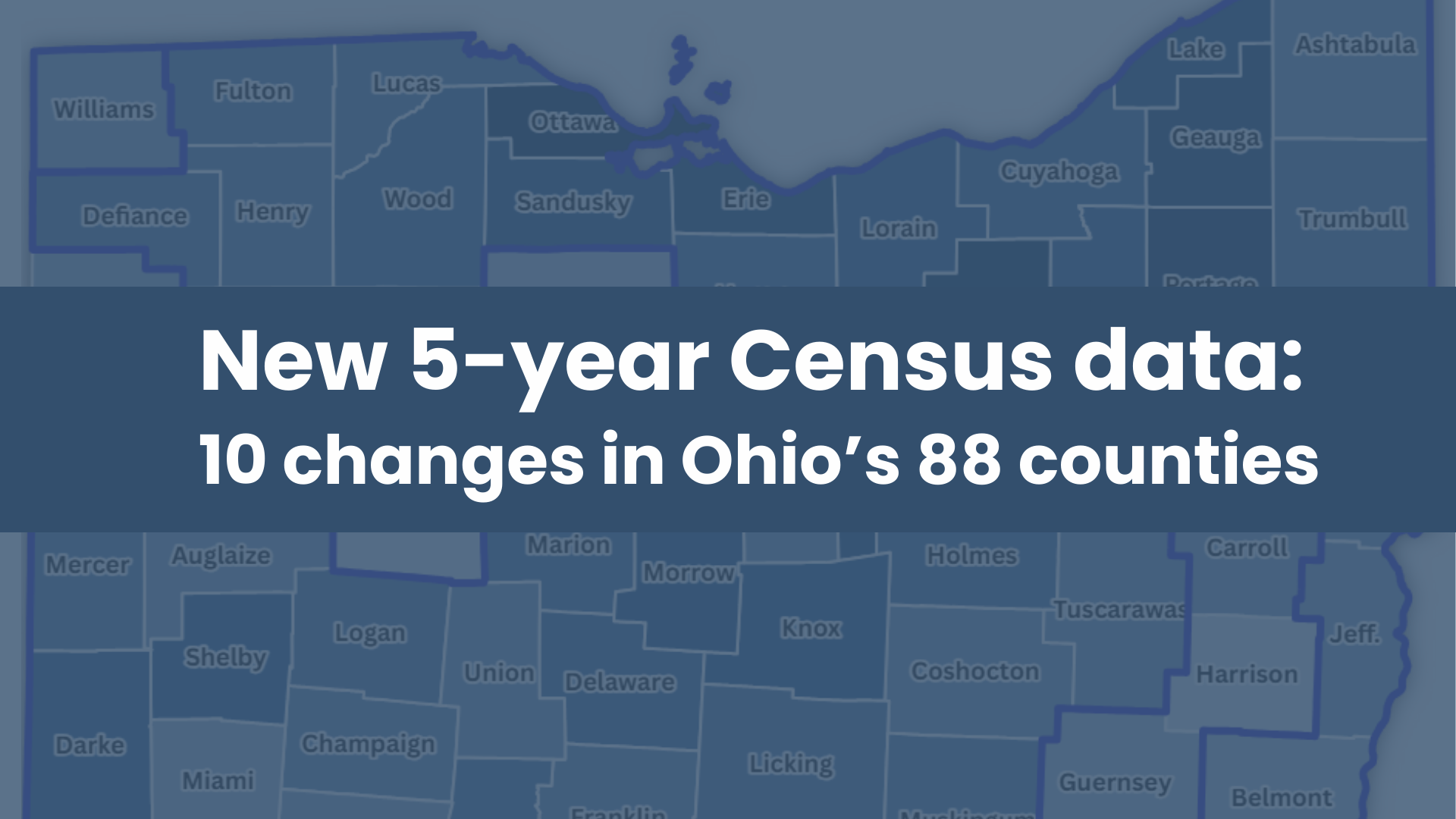On July 1, 2025, the United States Senate passed their version of House Resolution (H.R.) 1, known as the “One Big Beautiful Bill Act,” which originally passed the U.S. House of Representatives on May 22, 2025. Like the House version, the Senate bill, later accepted by the House, extends many of the provisions from the 2017 Tax Cuts and Jobs Act and drastically reduces the federal government’s spending on assistance programs. Unfortunately, the most harmful provisions related to the Supplemental Nutrition Assistance Program (SNAP) remained in the bill through the Senate process.
The Senate’s bill fundamentally changes how SNAP is funded, ending a 50-year federal commitment to providing SNAP benefits to all eligible households nationwide.
Here are the most concerning SNAP provisions included in the Senate version of the bill that proposals that undermine the effectiveness of our nation’s most effective anti-hunger program.
Shifting SNAP benefit costs onto states
The most detrimental SNAP provision included in the Senate’s bill fundamentally changes how SNAP is funded, ending a 50-year federal commitment to providing SNAP benefits to all eligible households nationwide.
Under current law, the federal government covers 100% of the cost of SNAP benefit payments, which go directly to eligible families to help cover the cost of groceries. The House proposed shifting between 5% and 25% of the cost of SNAP benefits onto state governments (which we previously wrote about here.)
While less extreme, the Senate version would still shift between 5% and 15% of SNAP benefit costs onto states unless they can achieve a payment error rate below 6%—something only 7 states (ID, NE, NV, UT, VT, WI, WY) were able to do in Fiscal Year 2024. Ohio’s FY 2024 SNAP payment error rate was 9.01 percent, meaning the state would have to pay for 10% of SNAP benefits at a cost to the state of at least $318 million annually.
The proposed changes create a fiscal environment where states will have to shift funds from other vital public services or opt out of offering a SNAP program entirely. State funding for any portion of SNAP benefits would be especially challenging during times of economic downturn, ending SNAP’s ability to operate as an effective counter-cyclical program.
Ohio would have to pay for 10% of SNAP benefits at a cost to the state of at least $318 million annually.
Raising state costs to administer SNAP
Despite what some lawmakers have suggested, states already have a lot of ‘skin in the game’ when it comes to keeping SNAP costs low. States are currently required to cover 50% of administrative costs; in Ohio, a portion of these costs are covered by county governments. Both the House and Senate reconciliation bills increase the state’s administrative cost burden to 75%, with the federal government only paying 25% of administrative costs.
This provision alone will increase Ohio’s administrative costs by an additional $98 million annually.
Imposing harsh new work requirements on older adults and parents
SNAP already has a strict work requirement for individuals between the ages of 18 and 54 who do not live with children unless they meet a narrow list of exemptions. The House included provisions that would extend this requirement—known as the “three-month time limit”—to older adults up to age 64 and to parents with children ages 7 and older. The Senate would also raise the upper age limit for SNAP’s three-month time limit to 64 and impose the rules on parents with children age 14 and older. For this reason, it is inaccurate for lawmakers to say new work requirements only apply to “able-bodied adults without dependents.”
Finally, the Senate-passed version eliminates important exemptions from SNAP’s three-month time-limit for veterans, individuals experiencing homelessness, and former foster youth, which were created in the Fiscal Responsibility Act of 2023.
In Ohio alone, this change will put SNAP benefits at risk for 45,000 veterans.
Immigrant eligibility
Under existing law, only U.S. citizens and certain lawfully present immigrants are eligible for SNAP benefits.
Undocumented immigrants have never qualified for SNAP benefits.
Yet, the House included a provision to exclude from SNAP some legally present immigrants, including refugees and asylees who have fled persecution in their home countries, domestic violence survivors, and victims of sex and/or labor trafficking. Similar restrictions remained in the Senate-passed version of the bill, jeopardizing the SNAP benefits for these very vulnerable residents who are legally living in the United States and putting even more pressure on the charitable food network in Ohio.
The Center for Community Solutions will continue to advocate for SNAP and other effective safety net programs that continue to keep our communities healthy and safe.








